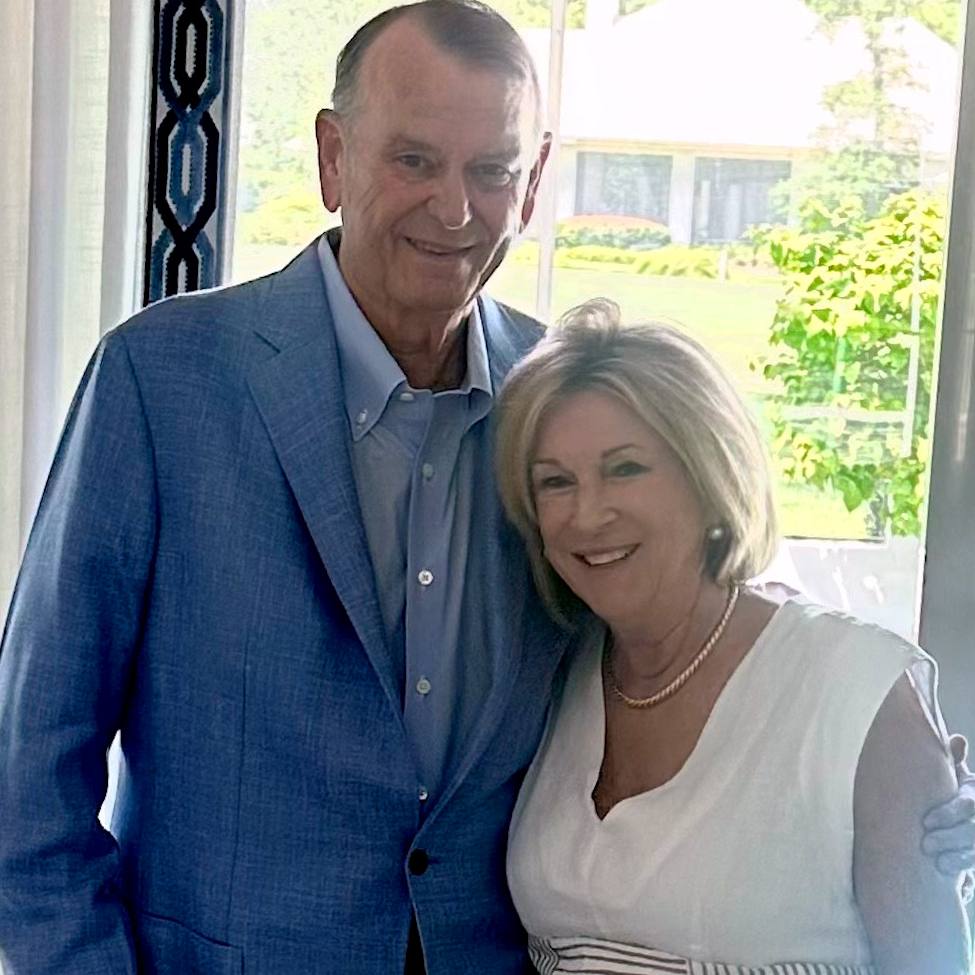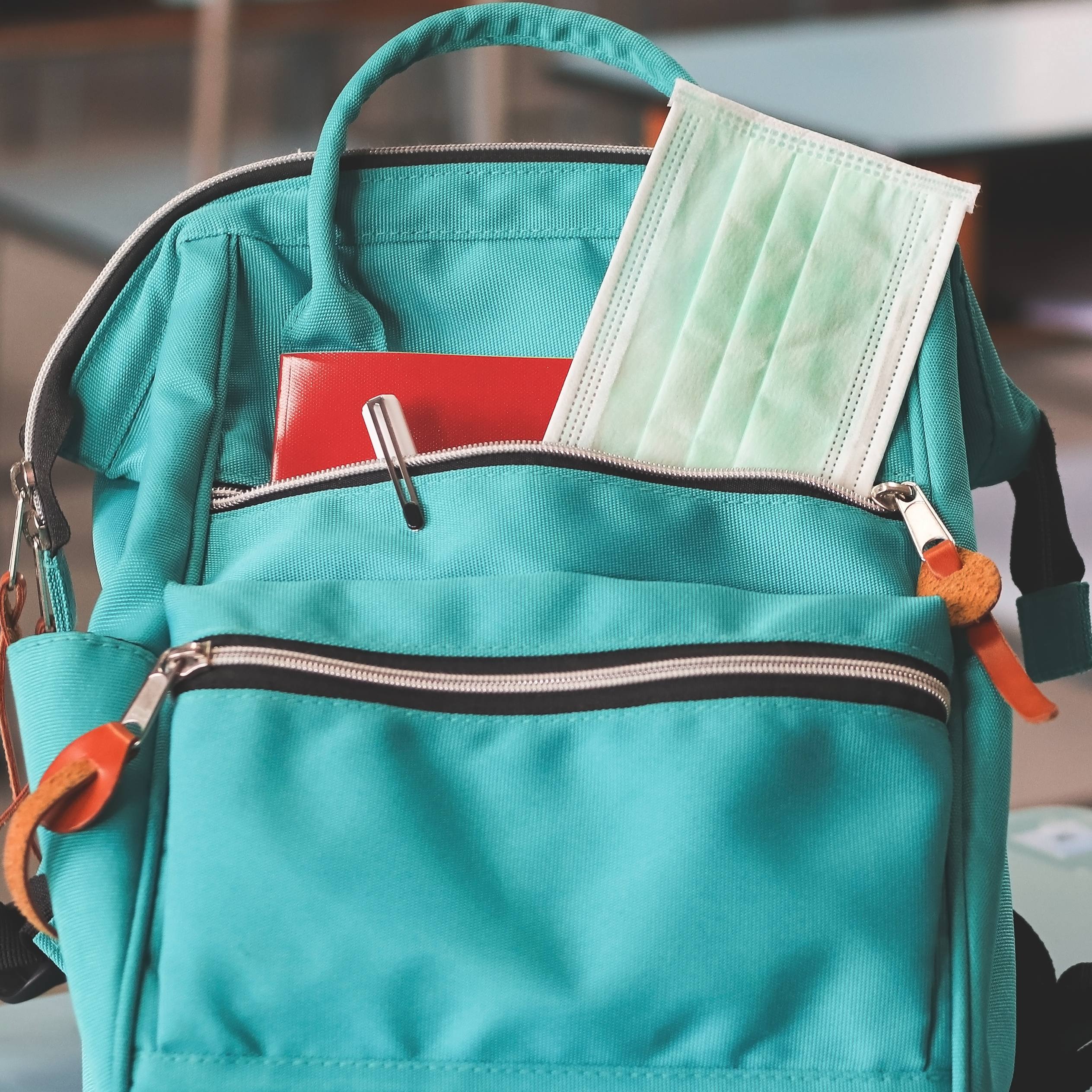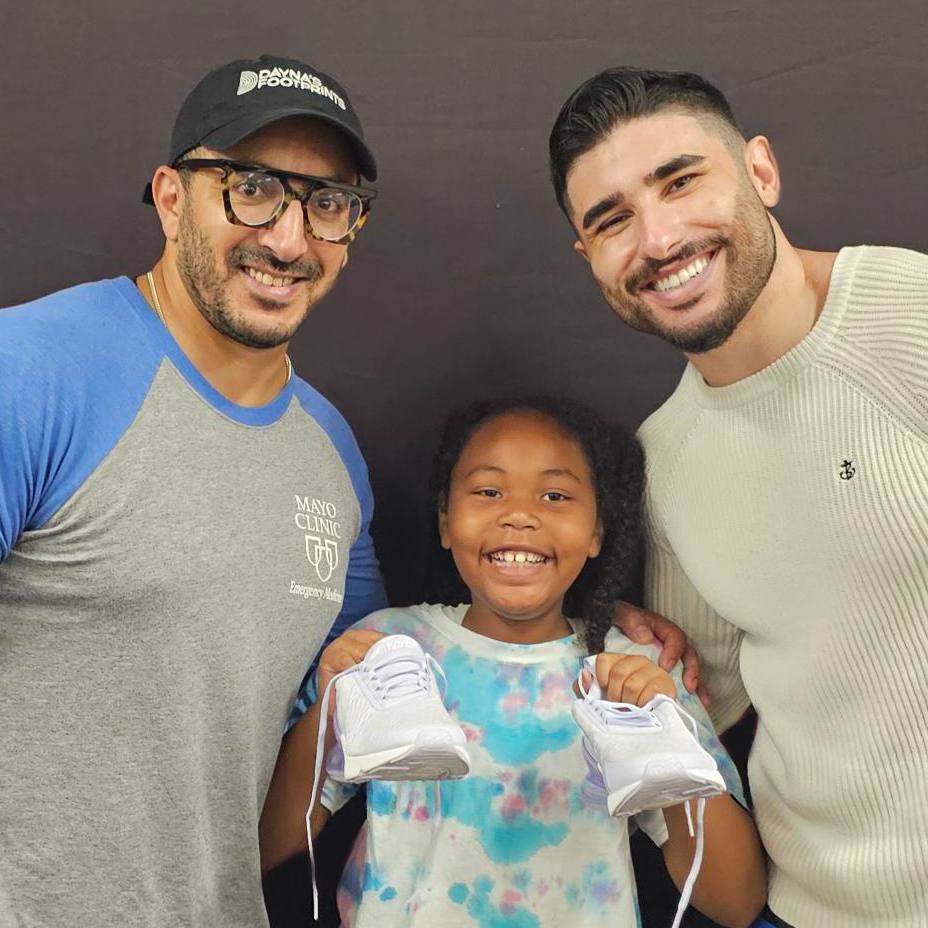-
Brand-name vs. Generic Drugs: Is One Better Than the Other?
Brand-name vs. Generic Drugs: Is One Better Than the Other?
February 3, 2012
Dear Mayo Clinic:
If a generic drug really is the same thing as the brand-name version, why are generic drugs so much cheaper? How do I find out if a generic form is available for some of my medications?
Answer:
The active ingredients in generic drugs are the same as in brand-name drugs. However, they may look different or have different inactive ingredients, such as fillers or coloring agents. Generic drugs approved by the Food and Drug Administration (FDA) must meet the same rigid standards of strength, quality and purity that are applied to brand-name drugs. For example, they must be manufactured in a way that's approved by the FDA. In addition, it must be shown that a generic drug provides an identical or nearly identical blood level of the drug compared to the brand version. In short, every type of regulation that's applied to brand-name drugs by the FDA is also applied to FDA-approved generic drugs.
Still, myths persist that generic drugs are significantly different from brand-name drugs. If you stick to buying a brand-name drug because you feel that a generic isn't the same, you're likely spending more money than is necessary.
Generic drugs are less expensive because the companies that make them don't need to spend money on drug research and development, clinical trials, marketing, and advertising — as do brand-name drug manufacturers. These costs can run into the hundreds of millions of dollars for a single drug.
Once patents and exclusive sales rights of a brand-name drug have expired, generic drugs can begin to enter the market. A generic drug manufacturer needs only to understand the known chemistry of a brand drug, and then develop a method for manufacturing a product that meets FDA standards.
That said, it can take decades for a brand-name drug to become available as a generic. The initial patent life of a new drug is 20 years, but a patent can be obtained at any point in the drug-development stage. If a patent is obtained early, research and development time may eat up a decade or more of patent life before the FDA approves the drug for use. A patent obtained later in the development process may buy more time for the drug to be sold under patent protection.
Beyond the initial patent time, patent extensions of up to five years may be granted if FDA regulatory delays slow the process of bringing the drug to market. In addition, studying a drug for pediatric use may add six months to the patent extension, even if the drug is never used for children.
After FDA approval of a drug, the FDA may allow a drug company to remain the exclusive seller. Exclusive seller extensions lasting months to years may be added for a number of reasons. The goal of these extensions is to find a balance between consumer-friendly pricing and offering drug companies enough profit incentive to continue to invest in research.
The FDA frequently grants a six-month period of exclusive marketing rights to the first generic manufacturer of a brand name drug. Typically, the price of that first generic is about 6 percent lower than the brand-name. If the initial generic is widely used, chances are good that several other generic manufacturers will enter the arena and the price usually drops substantially.
When two or more generic manufacturers make a drug, the price of the generic drug is often about 50 to 95 percent less than the cost of the brand-name drug. The extent of the price drop usually depends on how many manufacturers make the drug and how difficult the drug is to make.
Often state laws and insurance copay rules — not to mention the vigilance of doctors and pharmacists — can alert you or even prevent you from buying a brand-name drug when a less expensive generic alternative is available. Medicare Part D insurance plans report that when a generic drug is available, it's dispensed 89 percent of the time on average over the brand-name equivalent. However, your doctor can still prescribe a brand-name drug over a generic, if necessary.
Even with this level of consumer protection, it doesn't hurt to ask your doctor or pharmacist if there's a generic alternative to any name brand drug you're taking. Tell your doctor that you're willing to work together on an ongoing basis to identify medications that meet your health needs but aren't necessarily the latest, heavily marketed brand-name drugs on the market.
— Lisa Buss Preszler, Pharm.D., R.Ph., Mayo Clinic, Rochester, Minn.
Related Articles







